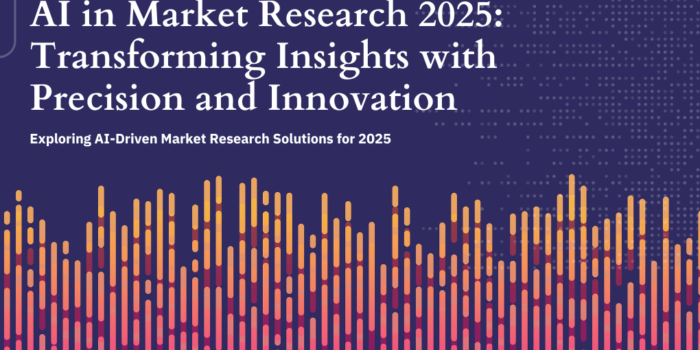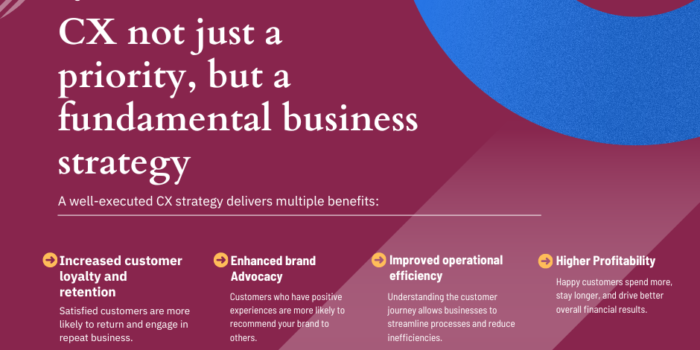Adaptive AI is a type of AI that can change its behavior and decision-making processes based on new information and changing circumstances. In contrast to traditional AI systems, which have a set of predefined rules and decision-making processes, adaptive AI can learn and adapt over time. This means that it can become more accurate and efficient as it processes more data and experiences.
Why does it matter for businesses?
Businesses should value adaptive AI because it can enable them to improve their operations and make better judgments by constantly learning from data and modifying their behavior accordingly. Business enterprises may enhance productivity, cut expenses, and increase income by implementing adaptive AI. Furthermore, adaptive AI can assist businesses in identifying new opportunities and responding to changing market conditions more swiftly.
Personalization:
By analyzing client data, adaptive AI may produce experiences that are unique to each customer. It can be used to assess client data and develop tailored marketing strategies Adaptive AI, for example, can be utilized in the retail industry to analyze customer data and produce customized marketing strategies. This has the potential to enhance conversion rates and drive revenue. The global AI share in the retail market is expected to cross US$20 billion by 2026.

Autonomy & Automation:
Another important aspect of adaptive AI is its ability to work autonomously. Adaptive AI systems can work independently, making decisions and taking actions without human intervention. This allows businesses to automate processes, improve efficiency and save costs. This also allows them to focus on strategic aspects and innovate, by freeing the human workers from mundane and repetitive tasks.
Predictive analytics:
Adaptive AI may be used to examine massive volumes of data and uncover patterns that can be utilized to make predictions about future outcomes and trends. This can assist organizations in making better judgments and staying ahead of the competition.
Cost savings:
By automating repetitive operations and improving efficiency, adaptive AI can help firms cut expenses. Furthermore, it can assist firms in identifying areas where expenses can be lowered, and in some situations, as discussed in fraud detection, it can also reduce revenue loss. In the manufacturing business, for example, AI-controlled robots can be trained to adapt to varied materials and production methods. This can speed up manufacturing, cut expenses, and reduce the frequency of human errors.
All these aspects make adaptive AI a powerful tool for businesses of all sizes and industries. Its ability to learn and adapt over time, making decisions and taking actions autonomously, and its flexibility to work in dynamic environments make it an essential technology to drive growth, improve efficiency and increase competitiveness.
If you’re ready to see how adaptive AI can benefit your own business, talk to our experts to understand how some of the global brands are successfully implementing it.






 Market Research
Market Research Consumer Research
Consumer Research Industry Research
Industry Research Market Entry Strategy
Market Entry Strategy Feasibility Studies
Feasibility Studies Product Research
Product Research User Research
User Research Automobile & Mobility
Automobile & Mobility Banking and Finance
Banking and Finance Consumer Products & FMCG
Consumer Products & FMCG Ecommerce & Retail
Ecommerce & Retail Industry & Manufacturing
Industry & Manufacturing Government & Public Sector
Government & Public Sector Industry Associations
Industry Associations Technology & Software
Technology & Software Venture Capital & PE
Venture Capital & PE Consulting & Advisory
Consulting & Advisory India Entry Market Research
India Entry Market Research Innovation Consulting
Innovation Consulting KX Market Radar
KX Market Radar Business Model Development
Business Model Development Gen Z Navigator
Gen Z Navigator